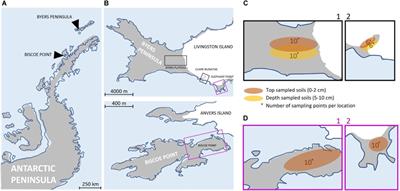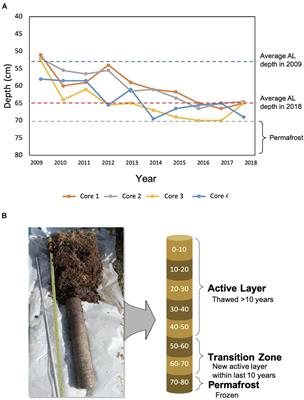EDITORIAL
Published on 23 Sep 2021
Editorial: Microbial Communities of Polar and Alpine Soils
doi 10.3389/fmicb.2021.713067
- 1,770 views
- 4 citations
13k
Total downloads
66k
Total views and downloads
You will be redirected to our submission process.
EDITORIAL
Published on 23 Sep 2021
ORIGINAL RESEARCH
Published on 10 Jun 2021

ORIGINAL RESEARCH
Published on 12 Mar 2021

ORIGINAL RESEARCH
Published on 16 Feb 2021

ORIGINAL RESEARCH
Published on 27 Jan 2021

ORIGINAL RESEARCH
Published on 26 Jan 2021

ORIGINAL RESEARCH
Published on 11 Jan 2021

ORIGINAL RESEARCH
Published on 08 Jan 2021

ORIGINAL RESEARCH
Published on 18 Dec 2020

ORIGINAL RESEARCH
Published on 13 Nov 2020

ORIGINAL RESEARCH
Published on 23 Oct 2020

ORIGINAL RESEARCH
Published on 09 Oct 2020

